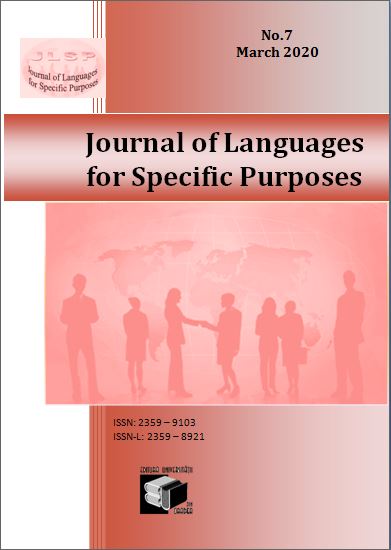Settlement Agreement With Confidentiality Clause
The headlines are a little misleading about the widespread use of confidentiality clauses. Concern for their use focuses on allegations of moral harassment and sexual harassment in the workplace. Transaction agreements “do what they say on the box” – they settle charges and claims without a winner or loser, as established by a court. Please contact us if you need advice on a confidentiality clause in an NDA or transaction agreement. The decision confirms that simply marking a confidentiality clause as a condition of a transaction agreement does not automatically result in a clause. Therefore, when developing or negotiating confidentiality provisions, special attention should be paid to the reasons why confidentiality is of particular importance in the current circumstances. For a variety of reasons, a customer may prefer confidential billing. For example, defendants may wish for confidential regulation so as not to create additional claims or damage their reputation because of the collection of debt that could be accompanied by a transaction. The general view is that, in most cases, complainants do not seek a confidential transaction, but complainants may accept a confidentiality provision because they want to resolve the matter or because they do not want the details of the transaction (such as their alleged damage or the amount of money they received) to be publicly known. Regardless of the date of the transaction, the terms of a transaction may have consequences long after the deal is dismissed.
A term that parties and lawyers will often discuss in detail is whether a confidentiality clause should be introduced. For some, confidentiality is a necessary clause for any settlement of accounts, while others want the right to discuss publicly the conditions or conditions of the implementation. Thursfields has a team of labour law experts with offices in Birmingham, Halesowen, Kidderminster, Solihull and Worcester. Whether you are an employer or a worker, it is important that you receive the right advice from the beginning. The employer therefore had no right to suspend the payments, even if the worker had violated the confidentiality clause, as the wording of the confidentiality clause was not sufficient to make that clause a condition of the contract. Confidentiality clauses in transaction agreements may have a number of restrictions. Many confidentiality provisions prohibit parties from disclosing the terms of the transaction. Others may go further to exclude disclosure of the nature of the dispute, the facts underlying the claims and any exchanged discovery. While many states have obtained confidential comparisons that exclude Eskrate from disclosing certain settlement conditions, several state bars have issued ethics notices prohibiting settlers from agreeing to keep confidential information already published in the public. It is customary for transaction agreements to contain a confidentiality clause that requires both parties to keep confidential the terms of the transaction agreement and the circumstances of the termination.
As a result, transaction agreements can sometimes be characterized as confidentiality agreements, as they are often designed to prevent the disclosure of certain information. Over the past year, the focus has been on these agreements and the confidentiality clauses they contain. In this case, the issue of the application of confidentiality clauses is highlighted in a transaction, especially when compensation is paid in one go (which is usually the case) and confidentiality is compromised after payment.





